General Dentistry
Healthy Teeth, Healthy Life: Setting Your Child Up for Lifelong Wellness
When most parents think about their child’s health, they picture balanced meals, regular checkups, and plenty of outdoor play. Dental health sometimes gets left in the background, but it’s a much bigger piece of the puzzle than many realize. Healthy teeth don’t just mean fewer cavities. They influence everything from your child’s speech and nutrition to their confidence and overall well-being.
At Vartanian Dental Group, we see children of all ages, from toddlers getting their first teeth to teens with growing smiles. Over the years, we’ve noticed one thing consistently: the kids who build good dental habits early on carry those habits into adulthood. And that sets them up for healthier, happier lives.
In this blog, we’ll look at what healthy teeth look like in kids, why oral health matters to overall health, and how daily eating habits can either strengthen or damage little teeth. Whether your child is brushing their first baby tooth or managing a mouthful of permanent teeth, these insights will help you keep their smile on track.
How do you know if your child's teeth are healthy?
Parents often rely on obvious signs like pain or cavities to assess their child’s dental health, but there’s a lot you can observe before problems escalate. A healthy mouth in children has several telltale signs:
- Gums that are pink and firm. Swollen, red, or bleeding gums often signal gingivitis or early gum disease.
- Teeth that are clean and free of plaque. A light film can indicate a need for better brushing technique.
- No lingering bad breath. Occasional morning breath is normal, but persistent odor may indicate bacteria buildup or decay.
- Proper spacing and alignment. Baby teeth act as “placeholders” for permanent teeth. Crowding or premature tooth loss can affect alignment later.
- No signs of discomfort when eating or brushing. Kids may not always tell you when something hurts, so watch for subtle changes like chewing on one side or avoiding certain foods.
Early detection matters. Baby teeth may eventually fall out, but decay or infection in baby teeth can spread quickly, causing pain and even affecting the development of adult teeth underneath. Regular dental checkups allow us to catch small issues before they become larger problems.
What parents can do at home
- Brush twice daily with fluoride toothpaste. For children under six, a pea-sized amount is enough.
- Supervise brushing until at least age seven or eight. Kids often don’t have the dexterity to brush thoroughly on their own.
- Floss daily once teeth start to touch. Even baby teeth need flossing to remove plaque between tight spaces.
- Watch for changes. Bleeding gums, dark spots on teeth, or sudden sensitivity warrant a professional checkup.
Many parents are surprised to learn how much they can pick up on at home simply by paying attention during brushing time. Making oral hygiene a family activity also reinforces consistency and models good habits.
Why is good dental health so important to overall good health?
It’s easy to think of dental care as separate from general health, but the two are closely linked. The mouth is the entry point to the rest of the body, and poor oral health can affect much more than teeth and gums.
1. Nutrition and growth: Healthy teeth allow children to chew a variety of nutritious foods comfortably. If teeth are painful or missing, kids may avoid certain textures, limiting their diet. This can lead to nutrient deficiencies during critical growth stages. Proper chewing also aids digestion, helping the body absorb nutrients effectively.
2. Speech development: Teeth play a key role in forming certain sounds. Early tooth loss or misalignment can cause speech impediments, which may affect communication skills and confidence. Addressing dental issues early supports healthy speech development.
3. Infection control: Cavities are bacterial infections. If left untreated, they can spread beyond the tooth, leading to abscesses or even systemic infections. Healthy gums act as a barrier, protecting the body from harmful bacteria that can enter the bloodstream through inflamed tissues.
4. Self-esteem and social confidence: Children become more aware of their appearance as they grow. A healthy, clean smile can boost their confidence at school and in social settings. Conversely, visible decay or tooth loss can make children self-conscious, sometimes leading to social withdrawal.
5. Lifelong habits: Dental routines established in childhood often carry through life. Kids who grow up brushing, flossing, and visiting the dentist regularly are more likely to maintain those habits as adults, which lowers their risk for more serious oral and systemic health issues later on.
The mouth truly mirrors overall health. Gum disease, for example, has been linked to conditions like diabetes and heart disease in adults. By teaching children to care for their teeth now, you’re not just preventing cavities—you’re laying the foundation for lifelong wellness.
In what ways do eating habits affect children's teeth?
The foods and drinks children consume daily can either protect their teeth or put them at risk. Even kids who brush regularly can develop decay if their diet consistently exposes their teeth to sugar and acid.
Sugary snacks and drinks: Candy, soda, juice boxes, and sweetened snacks provide fuel for cavity-causing bacteria. When bacteria feed on sugar, they produce acid that wears down enamel. Frequent snacking is especially harmful because it keeps the mouth in an acidic state throughout the day, giving teeth little time to recover.
Sticky or starchy foods: Foods like gummy candies, dried fruit, crackers, and chips can stick to teeth, prolonging exposure to sugars and starches. Even if they don’t seem sweet, starchy foods break down into sugars in the mouth.
Acidic beverages: Sodas, sports drinks, and even some fruit juices contain acids that weaken enamel. If children sip on these drinks over long periods, the risk of enamel erosion and cavities increases.
Healthy alternatives that support strong teeth
- Water: The best beverage for teeth. It helps wash away food particles and neutralize acids.
- Fresh fruits and vegetables: Crunchy produce like apples and carrots stimulate saliva flow, which helps protect teeth naturally.
- Dairy products: Yogurt, cheese, and milk provide calcium and phosphates that strengthen enamel.
- Whole foods: Minimally processed snacks are less likely to stick to teeth or contain hidden sugars.
A simple rule of thumb is to keep sweets and treats as occasional indulgences, not daily staples. When kids do have something sugary, pairing it with a meal or having them drink water afterward helps minimize harm.
Establishing healthy eating routines
- Set clear snack times rather than grazing all day. This gives teeth time to recover between exposures.
- Offer tooth-friendly options first. If kids are hungry, they’re more likely to eat fruits, cheese, or nuts before asking for sweets.
- Avoid using sugary treats as rewards. This creates emotional attachments to unhealthy foods.
- Encourage rinsing with water after meals. This quick habit can make a meaningful difference in reducing cavity risk.
What to expect at your child's dental visit
A typical visit includes:
- A thorough cleaning. This removes plaque and tartar in areas kids might miss during brushing.
- A dental exam. We check for cavities, gum health, bite alignment, and early signs of orthodontic issues.
- Education. Both parents and kids receive tips on brushing, flossing, and dietary choices.
- Preventive treatments. Sealants and fluoride applications can protect teeth against decay.
- A personalized plan. Every child’s mouth is unique. We provide tailored recommendations to keep their smile healthy.
Routine visits every six months are standard, but children with certain conditions (like high cavity risk or orthodontic appliances) may benefit from more frequent checkups.
Final Thoughts
Healthy teeth are more than just a nice smile. They support speech, nutrition, confidence, and long-term health. By understanding what to look for, prioritizing regular checkups, and creating positive habits at home, parents can set their children up for a lifetime of good oral health.
At Vartanian Dental Group, we’re here to support you every step of the way. From preventive care to gentle treatments, we make kids’ dentistry a positive and empowering experience. If it’s been more than six months since your child’s last dental visit, or if you have any concerns about their teeth or gums, now is the perfect time to take action.
Schedule an appointment today and give your child the gift of a healthy smile for life.


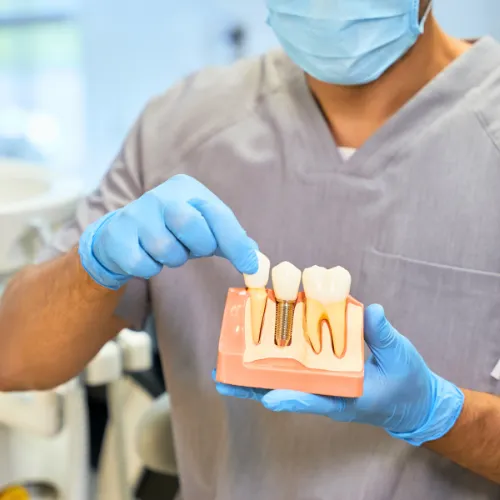
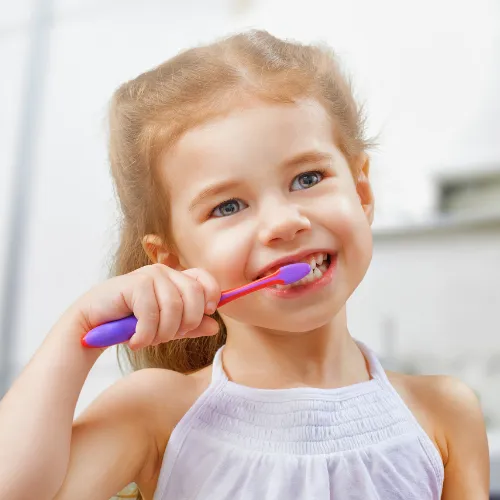
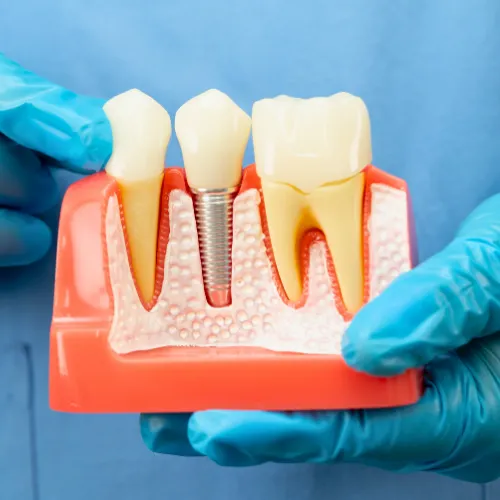
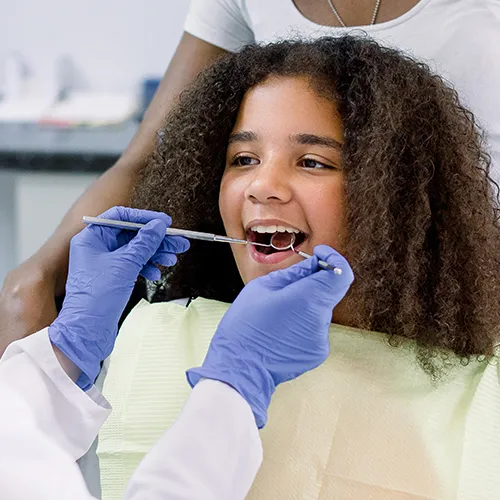
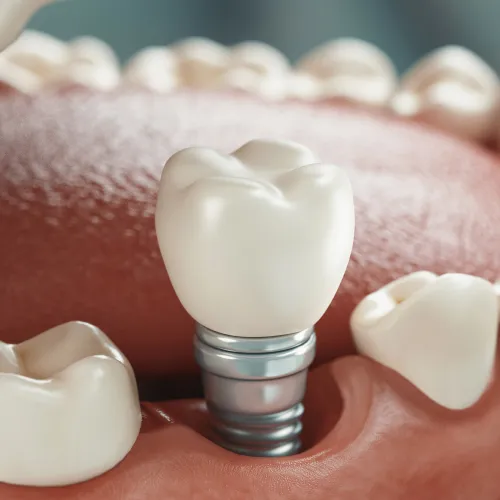
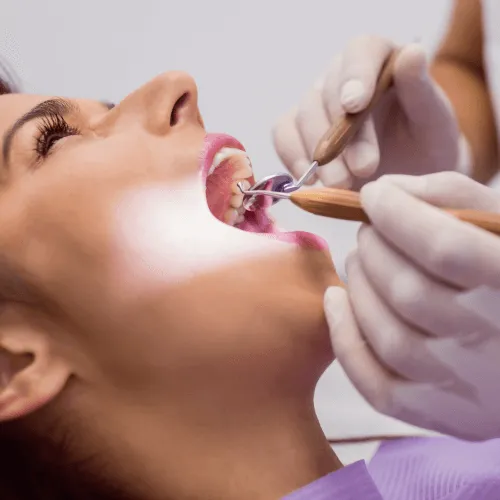
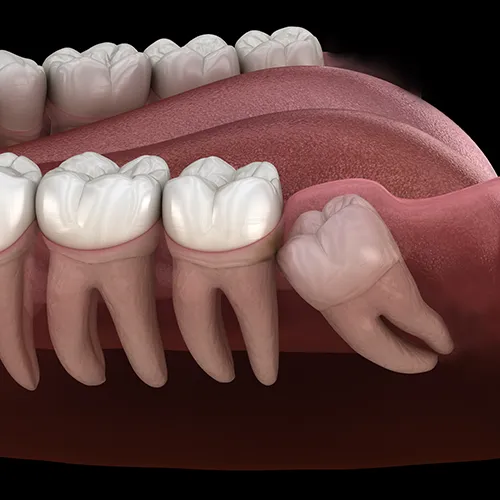












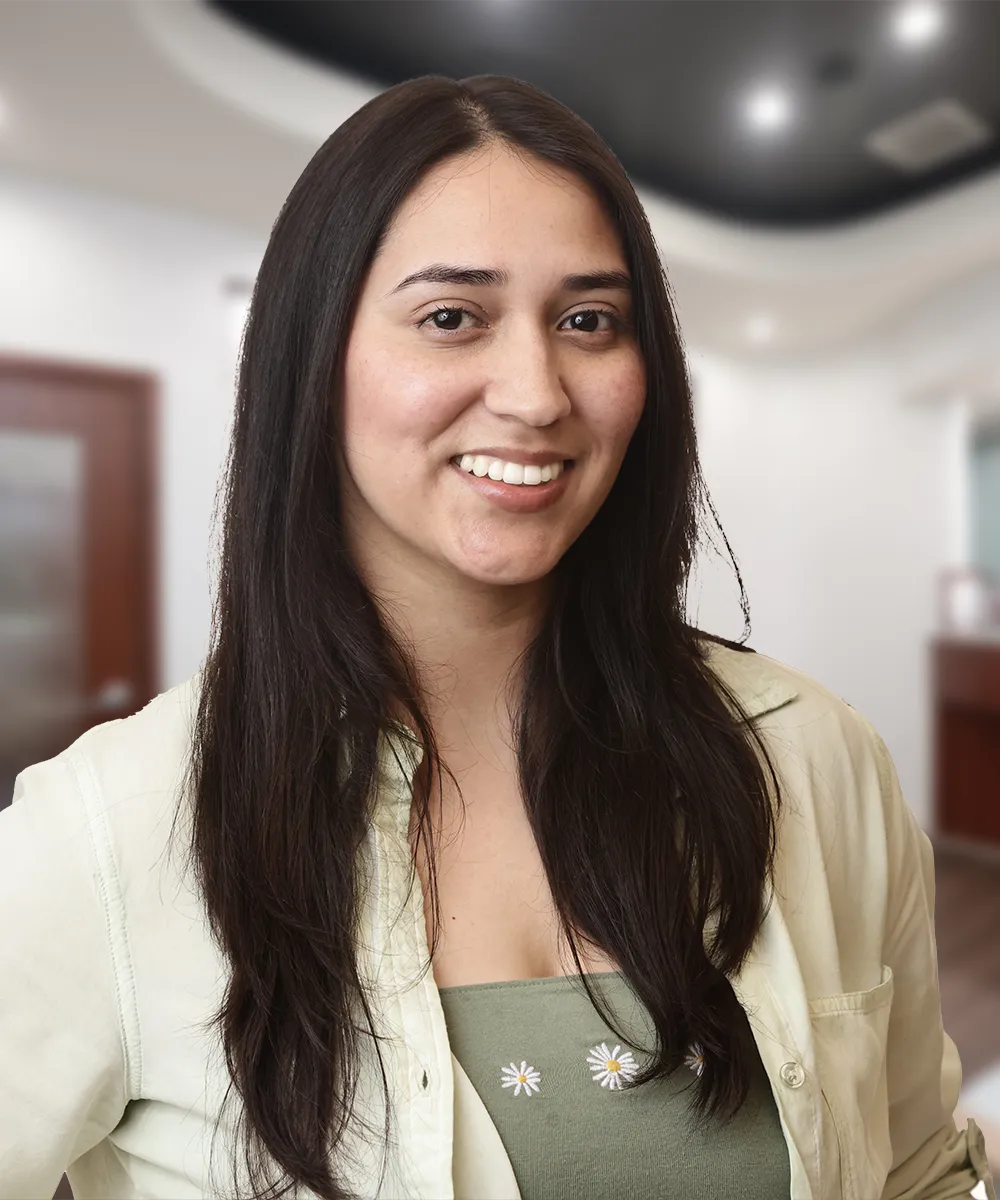

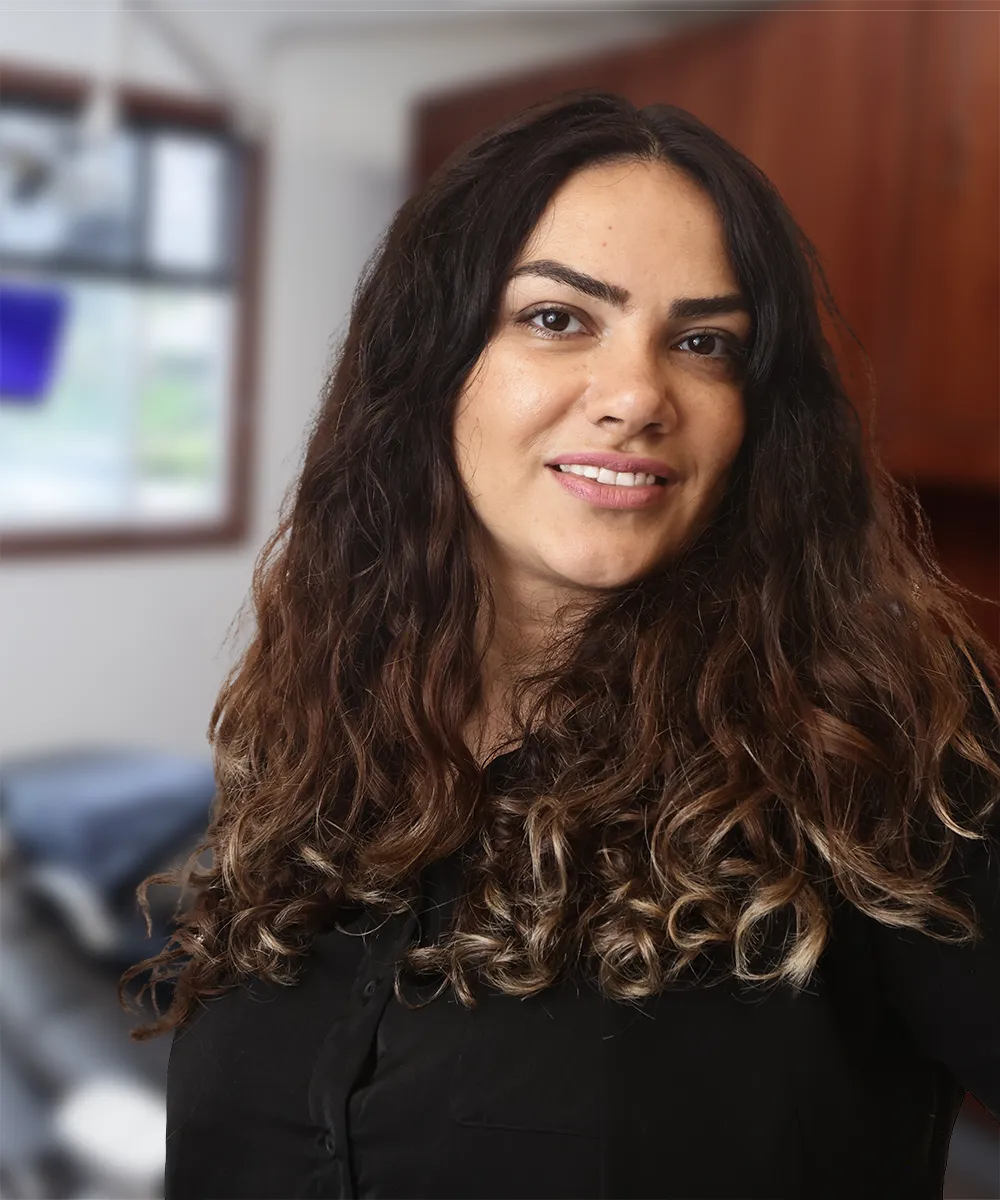

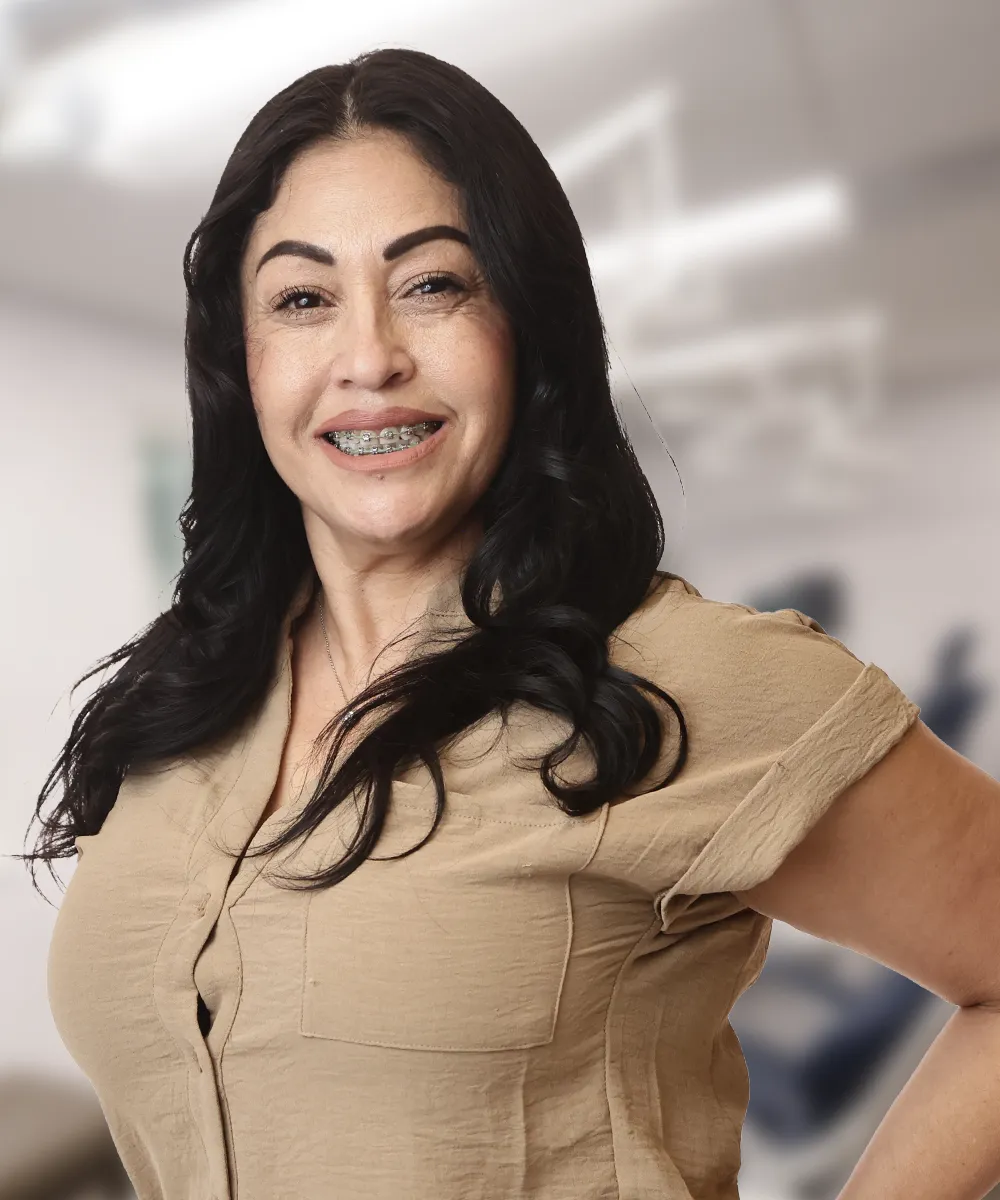






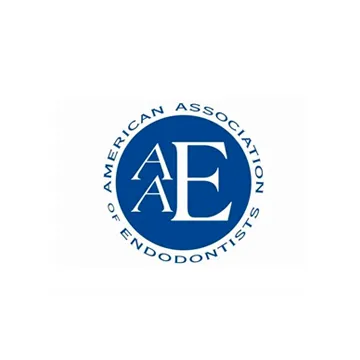

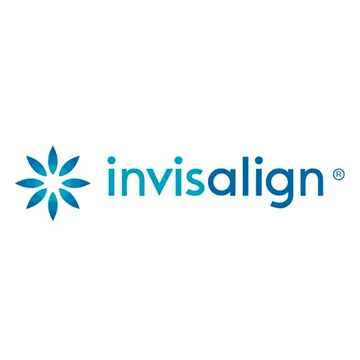
Best smiles Mission Viejo, CA
#VartanianDentalGroup
Check us out and follow our accounts on the following social media platforms for more healthy smiles....